Tariffs inland and sea shipping
Inland shipping rates
Port charges are made for the use of the port and some public port facilities by inland vessels, tug boats, fishing vessels, working and mooring jetties, pontoons, hoisting vessels, dredgers, floating gantries and other floating vessels. Groningen Seaports lists its port charges in the booklet ‘Port rates 2024‘.
Subscriptions
Inland vessels regularly using the ports can take out a subscription via the Nautical Service Centre.
Free mooring arrangement
In some cases no inland port charges are made for using the port. They include:
- if the port is used exclusively for direct passage without unloading or loading
- for an inland vessel not loading or unloading (maximum duration for exemption is a consecutive period of twelve hours)
- for a freighter not loading or unloading, or an inland vessel using the waiting or sickness regulation, for the use of the port between Saturday afternoon at 14.00 hours and Monday morning at 08.00 hours.
- for freighters and inland vessels on generally recognised public holidays (New Year’s Day, Easter Monday and Whit Monday, Christmas Day and Boxing Day, Ascension Day, the King’s Birthday and Liberation Day).
Shore power
Groningen Seaports’ shore power is offered at a number of public moorings. To be able to use the shore power cabinets, an account with Walstroom.eu is necessary. A fee will be charged for each consumed kWh. Instructions for the use of the new system are available on the website: www.walstroom.eu. Current information about the availability and rates for shore power is available by means of the Ease2pay Walstroom app and via the website www.walstroom.eu.
Sea shipping rates
Port charges are made for the use of the port by ocean-going vessels. The International Tonnage Certificate (ITC) is accepted as the basis for the port charge for all vessels.
Prices
Groningen Seaports lists its port charges in the booklet ‘Port rates 2024‘. All types of charges, such as sea port charges, inland port charges, wharf charges, pilot charges, towing charges, etc. are given in this booklet. Pilot charges are not mentioned in this booklet, you will find these on the website of Loodswezen. Groningen Seaports operates a unique tariff system for common goods types: ocean-going vessels pay per ton of transhipped goods rather than the gross tonnage of the vessel. This makes both ports highly competitive in their pricing. Also, the ports barely have any waiting times.
Port waste services
Ocean-going vessels are required by law to make an indirect contribution to the collection and processing of ship’s waste. For this purpose ocean-going vessels pay a charge when putting into ports managed by Groningen Seaports, even if no waste is deposited (discharging into the sea therefore offers no financial benefit). Ocean-going vessels are given a deposit certificate after paying the levy. The issue duty is a sum based on the ship’s gross tonnage (see leaflet).

